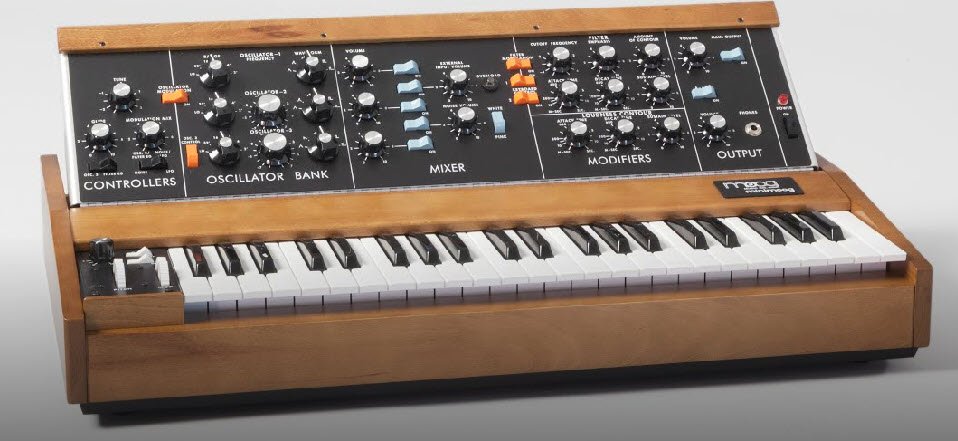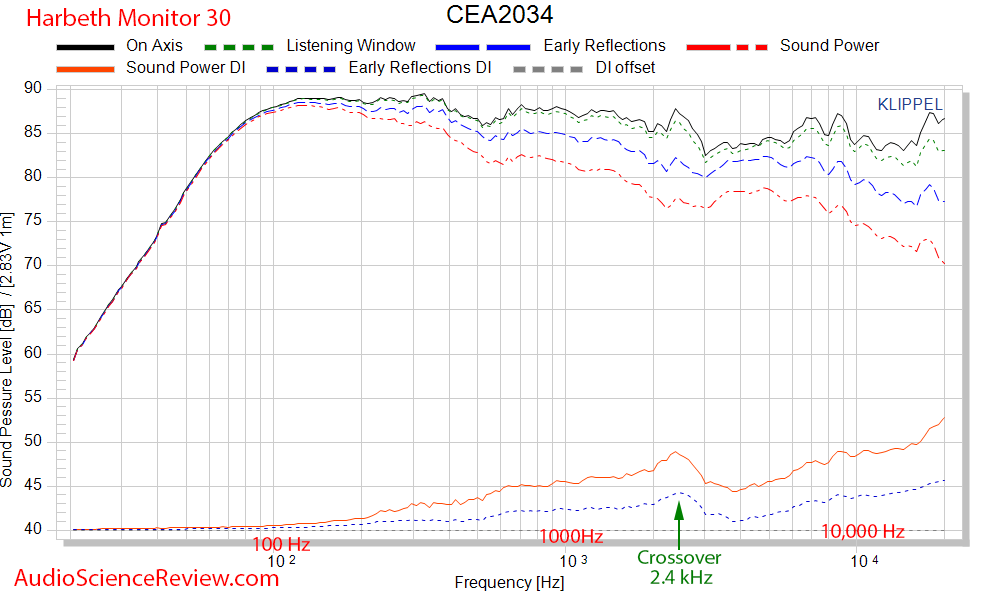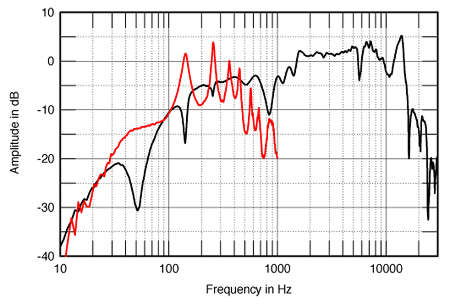I am not sure it boils down to the same question - what assemblage of a system reproduces rock music in a way that is closer or farther from what you hear live? I am not sure that the term "natural sound" should be applied to "electronic sound". In my experience with music that is almost purely in the "electronic" category, unless the recording is actually made live (which is rare these days), producers and mastering engineers have as much or more to do with what we hear on these recordings as the musicians do, and they rightfully take pride in that artistic contribution. Conversely recording and mastering engineers who work primarily with music that calls for acoustic instrumentation, more often make every decision within their artistic control with the intent to at least capture as much as possible what they consider to be the natural sound of that performance in its acoustic space. I prefer recorded electronic music rather than attending live electronic concerts because these recordings mostly address the challenges of trying to recreate the electronic listening experience within the physical limits of a home listening space. A live electronic performance typically has wall-to-wall towers of sound reinforcement and overzealous mixing engineers who are trying to help the musicians get their message across to a loud, probably drunk and/or stoned, audience. Natural sound has a live reference. In the case of playing electronic music in a home system, there is really no reference to a live event unless one wants to use sound reinforcement gear at home to listen to recordings of live electronic performances. Those who are seeking electronic sound reproduction in a home hi fi system and have little experience (or desire) to learn about the sound of acoustic instruments typically have very different objectives than people who are primarily interested in listening to live acoustic music.We do see things differently... and that's okay!
I don't malign synthesists or synthetic sound - one's basis of preference is not judged - it just is whatever one chooses ... or is led to, if one is the type to be led. If 'synthetic' suggests man-made, then it's all synthetic, including our notion of reality.
My notion of synthesist is one who puts it (his system and its sound) together for himself without using live acoustic music as the 'form' that guides himself. He may draw from it but is not bound to live music as a map for reproduction. A synthesist may want to enhance what he hears in the live venue - I hear folks who proudly claim their stereo sounds better than what they hear live and have no need to attend concerts. Two different approaches. I find audiophiles fall into one camp or the other.
We all have musical preferences based upon our experiences with music. Regardless of musical tastes, however, a system that is capable of reproducing the fundamental elements of musical sound (tonal balance, dynamics, space/ambience), is capable of providing an engaging music listening experience.
I think part of the difficulty with this discussion is that the specific descriptors that flesh out one’s understanding of these fundamental aspects of musical sound are different for electronic music compared to acoustic music. I believe contemporary hi fi language is in part an outgrowth of trying to “work” around these by describing the sound of equipment rather than the sound of music. As a result, hi fi language doesn’t really speak to either type of instrumentation well, but acoustic instrumentation suffers the most from this approach because hi fi terms and the effects that they represent actually interfere with a system’s ability to reveal live acoustic music characteristics to the extent that it helps us revisit the emotions and thoughts we have had listening to actual performances.
DDK, Peter A, Tima and others have come up with some beautifully expressive descriptive words for describing acoustic music. Because we have all been preaching to the converted in this thread and others, we haven’t yet seen a list of descriptors for electronic music. Perhaps that could be the subject of another thread.









